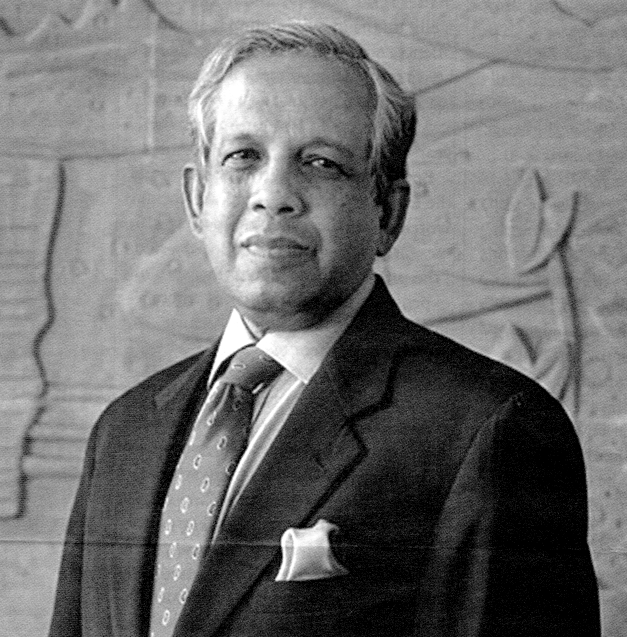
The claws sink in
The World Bank has brought its attention to Bangladesh as the labour movement there speaks volumes through its silence
D
irect World Bank involvement in Bangladesh has spiked following the accession of an ex-employee to the highest position in the country, and an increase in the country's tactical importance as a possible future transport and trade hub in the region.The World Bank has repeated its demand that the country reduce subsidies on oil in the country just weeks after similar demands prompted mass demonstrations in nearby Burma from people unable to afford fuel.
It has also requested that privatisation of the country's industrial centres be sped up, that more `special economic zones' where normal labour and tariff rules don't apply are set up, and is looking at investing in a major new gas refinery in the region.
Presently about 270 enterprises are operating in the zones making an investment of $1.8 billion Bangladesh has proven natural gas reserves of up to 15 trillion cubic feet (425 billion cubic meters). Foreign companies have invested millions of dollars in order to explore and produce gas alongside the state-run company, Petrobangla.
A shortage of gas has encouraged Bangladesh to trade with Burma, as reported in previous issues of Freedom.
The actions of the World Bank, largely funded by the US and Europe, jar with recent condemnations of the actions of China and India in continuing to support Burma through huge violations of human rights.
Similarly to Burma, Bangladesh is largely controlled by a ruling military junta, though there is a nominal civilian `interim' government.
The interim government is led by Fakhruddin Ahmed (pictured
right), a former world Bank economist, whose power rests largely on his military
support base – which itself allegedly took power only after gaining the tacit
support of senior western diplomats.
The military took power last year after the country joined the South East Asia Free Trade Zone last year, forcing it to drop tarrifs on garments which are its main manufacturing base.
The result, combined with a major state campaign to privatise the massive Jute Mills which form much of the country's manual employment base, caused widespread suffering in the population. The economic fallout saw a massive uprising across the jute industry which was exploited by one of the two main political parties, the Awami League, to undermine the upcoming elections.
Continuing unrest, blame for which was partly laid at the feet of the Awami League, forced an interim government to step down, and led to violent military reprisals, with hundreds of thousands of arrests, torture and, it is alleged, murders.
In the aftermath, Ahmed was installed.
According to Ahmed and the military, a major campaign has since been launched against endemic corruption in the country, which justifies a continued massive military presence in the region and the arrest of large numbers of people – the government itself estimates around 200,000, though this is likely to be a conservative figure.
There is no doubt that corruption has been significantly damaging Bangladeshi economy. It drained government wealth estimated at $2.1 billion during the first half of 2000 (January to June), according to Transparency International, which believes that up to 75% of all developmental grants have found their way into the pockets of bureaucrats, and about 3% of total GDP.
However, an ominous silence is now noticeable from both political parties and trade union groups. Fears have been raised that the military have used the crackdown not only to remove corrupt officials, but to silence the labour movement which has repeatedly stymied efforts to push through privatisation and free market reforms demanded by the world Bank and IMF.
The situation has been made more murky by the closing of private media and censorship of national stations.
– from Freedom, 17 November 2007